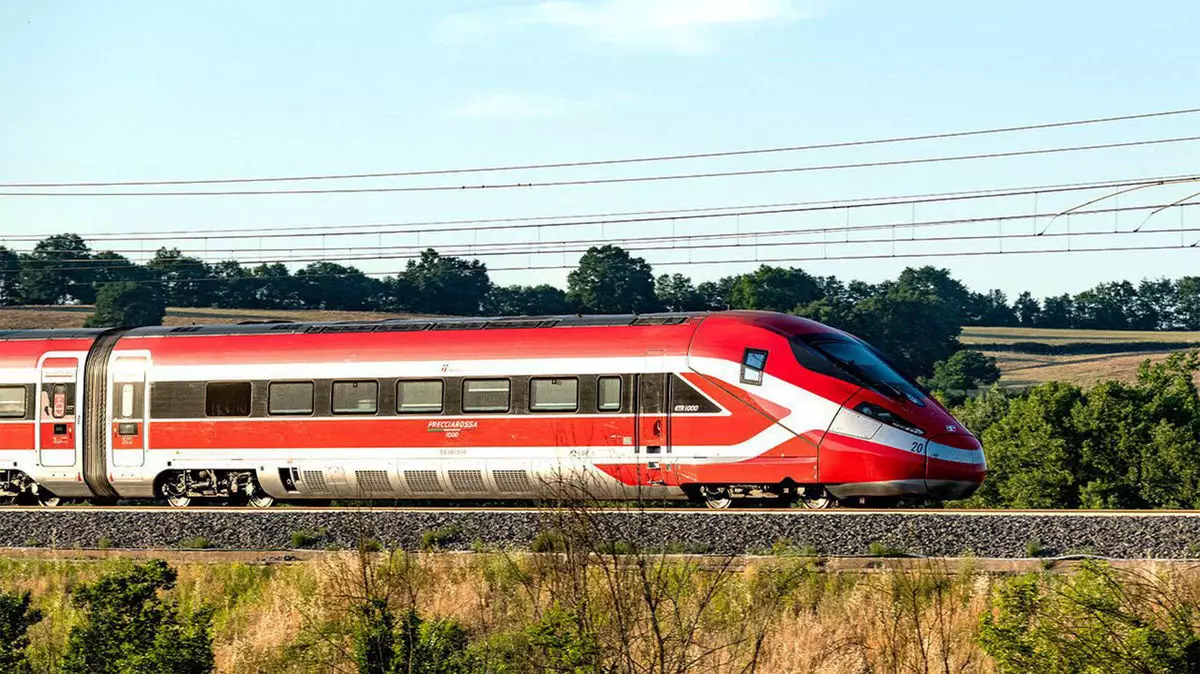In a significant development for air travel, the SkyTeam airline alliance is making strides towards integrating rail services into its offerings. By entering into partnerships with Eurostar and Trenitalia, SkyTeam aims to enhance the travel experience through seamless intermodal journeys. This strategic move not only reflects the changing landscape of transportation but also highlights the alliance’s foresight in adopting a more holistic approach to travel.
The arrangement with Trenitalia involves leveraging SkyTeam’s technology to ensure that air and rail segments can be booked as a single journey. However, it is important to note that while SkyTeam will facilitate this integration, individual airlines must forge separate commercial ties with Trenitalia. This aspect raises questions about the necessity for airlines to navigate additional partnerships, which might complicate the process for both airlines and travelers alike.
In contrast, the agreement with Eurostar specifically allows for intermodal booking through SkyTeam’s key hubs, including Amsterdam, Paris, and London. This development could enhance connectivity, especially for passengers who require transfers not only at major airports but also at smaller regional airports.
One of the most attractive features of these partnerships is the potential for reciprocal loyalty programs. As stated by SkyTeam, passengers will have opportunities to earn and utilize loyalty points on Trenitalia journeys, enhancing the travel experience and rewarding frequent flyers. This alignment between air and rail travel can significantly improve the overall customer journey, making it much more rewarding to use multiple forms of transport.
For example, travelers flying from the U.S. to Europe might choose to book a flight, then seamlessly continue their journey to a secondary destination on a Trenitalia train. This not only saves time but can also lead to better pricing and improved logistical coherence in their overall travel itinerary.
SkyTeam’s decision to delve into intermodal travel is reminiscent of Star Alliance’s earlier commitment to rail integration, notably through its partnership with Deutsche Bahn. Notably, Star Alliance’s initiative has already allowed United Airlines to provide single-booking rail and air journeys, which includes comprehensive loyalty point accumulation. As competition among airline alliances intensifies, SkyTeam’s entry into this realm is both a necessary and strategic step to enhance its offerings.
While partnerships with high-speed rail services undoubtedly provide elevated travel options, they also highlight a critical industry shift toward sustainability and user-friendly travel solutions. Combining air and rail travel could encourage fewer short-haul flights and promote greener travel habits among environmentally conscious consumers.
While specific timelines for implementation remain vague, with Eurostar’s partnership expected to launch in the first half of next year, the anticipation creates a buzz within the aviation industry. As SkyTeam moves forward with these initiatives, it sets the stage for a more interconnected travel future where efficiency, loyalty, and passenger satisfaction take center stage. The evolution of travel through strategic partnerships signifies not only a service upgrade but also an adaptive industry poised to meet the demands of modern travelers.


Leave a Reply